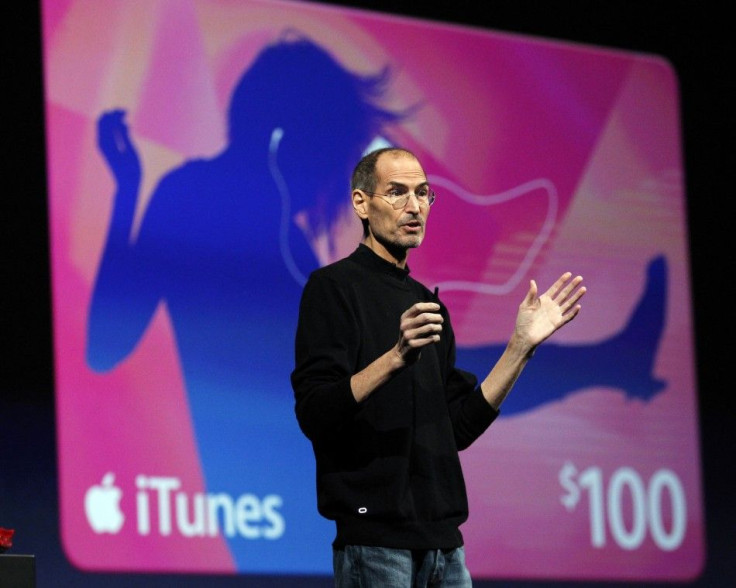Why people would love iCloud despite data vulnerability fears

Big day for Apple and therefore for the rest of the world! People were happy watching frail looking Steve Jobs introduce a host of services, and one among the audience even shouted to the Apple CEO: We love you to which he responded that it helps. As the user reviews poured in following the WWDC, people appeared to be in love with Apple's ideas.
But industry experts, rival corporations, music industry insiders and legal experts seem to have qualms about the possible implications of what Apple has proudly announced.
Apple desperately wanted something to hold on to, at the onslaught of Android. And they employed what they are best at. Apple's closed, yet unbeatable infrastructure and the futuristic innovation. Sure, the iPod Touch had looked ultra-cool, but what clicked for iPod was its beautiful syncing with iTunes. Apple appeals with what is inside without the users even realizing that they are using it. This is just paraphrasing what Steve Jobs said on Monday: Keeping our devices in sync is driving us crazy. iCloud keeps your important information and content up to date across all your devices-automatically and wirelessly. And because it's integrated into our apps you don't even need to think about it. It just works. Exactly. People don't need to worry about learning how to use iCloud or know a thing about cloud computing. It just works.
Why wouldn't people like iCloud? It seems like Apple is eliminating every last reason to not use Apple products. And the big hit among the services announced would be iTunes Match. The service which will be available for $US24.95 a year, scans through the hard drives of the user devices, including legally obtained or pirated copies, and matches them with the authorized tracks in Apple's iTunes library. It then makes a quality iTunes version of the tracks automatically accessible in the iCloud. Sounds almost like a dream!
Michael Speck, who was behind the music industry's landmark court case against file sharing network Kazaa, and an anti-piracy technology expert, said Apple was no better than the old p2p pirates. Let me put it this way: if you can legally park your stolen car in my garage will you rush out and actually pay for your own car?
When Apple gets a 30 per cent of the annual fee for iTunes Match, the music industry labels with whom Apple has struck deals for a mere $150 million, has actually sold out their future for a negligibly nominal rate. A 1000 song catalogue will only cost the pirate 2.5 cents a song, there is no way that Apple could fairly compensate the actual victims and still take its cut, Speck voiced his concerns.
It appears that iTunes Match will act as a music 'launderer' of sorts, which once synced with iCloud cannot be differentiated from the music originally bought from iTunes. Meaning nobody can sue you for illegal downloading or file sharing, should your details are made available to authorities.
Looks like people are not really worried about vulnerability of their data if they sync it all with iCloud. The general notion is that when people use Email and Documents saved online, without fear of being hacked, iCloud being vulnerable to hacking isn't more threatening.
China, which has a significant number of Apple fans, is awaiting the new service launch in their territory. A Weibo user wrote: What we need to worry about now should be whether our account will be locked if we upload pirated music to iCloud.
© Copyright IBTimes 2024. All rights reserved.






















